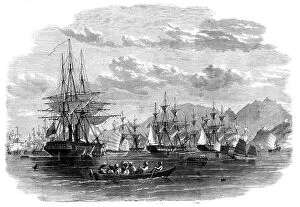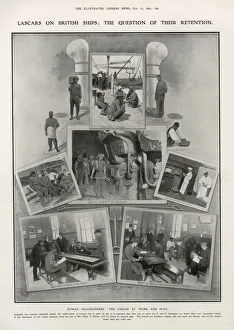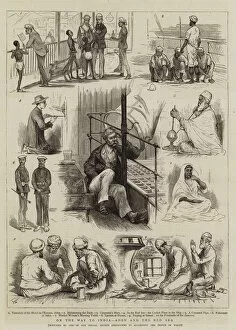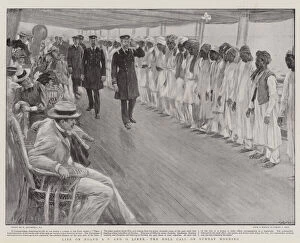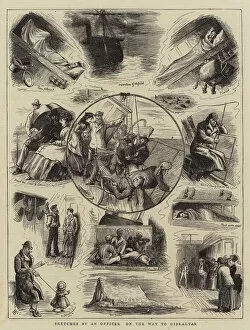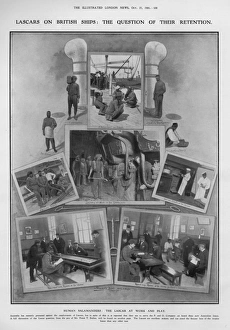Lascars Collection
Lascars were sailors of Indian or Southeast Asian descent who worked on European ships during the colonial era
All Professionally Made to Order for Quick Shipping
Lascars were sailors of Indian or Southeast Asian descent who worked on European ships during the colonial era. These skilled seafarers played a crucial role in navigating the treacherous waters of the high seas, often serving as cooks, stewards, and deckhands. Despite facing discrimination and harsh working conditions, they were known for their resilience and adaptability. Their cultural influence could be seen in the diverse cuisine, language, and music that they brought to port cities around the world. Today, their legacy lives on in stories passed down through generations and in the shared history of maritime trade between East and West. The term "lascar" may have originated from the Persian word "lashkar," meaning army or camp follower, reflecting their integral role in supporting European naval expeditions. In an age of exploration and conquest, lascars bridged continents and cultures through their labor at sea.

